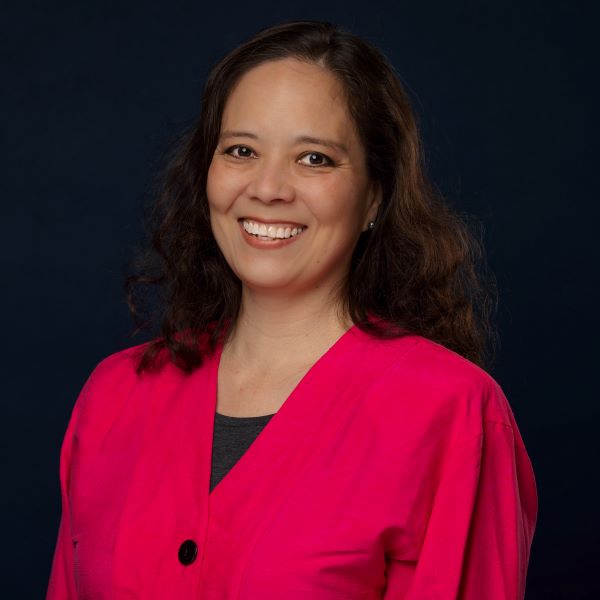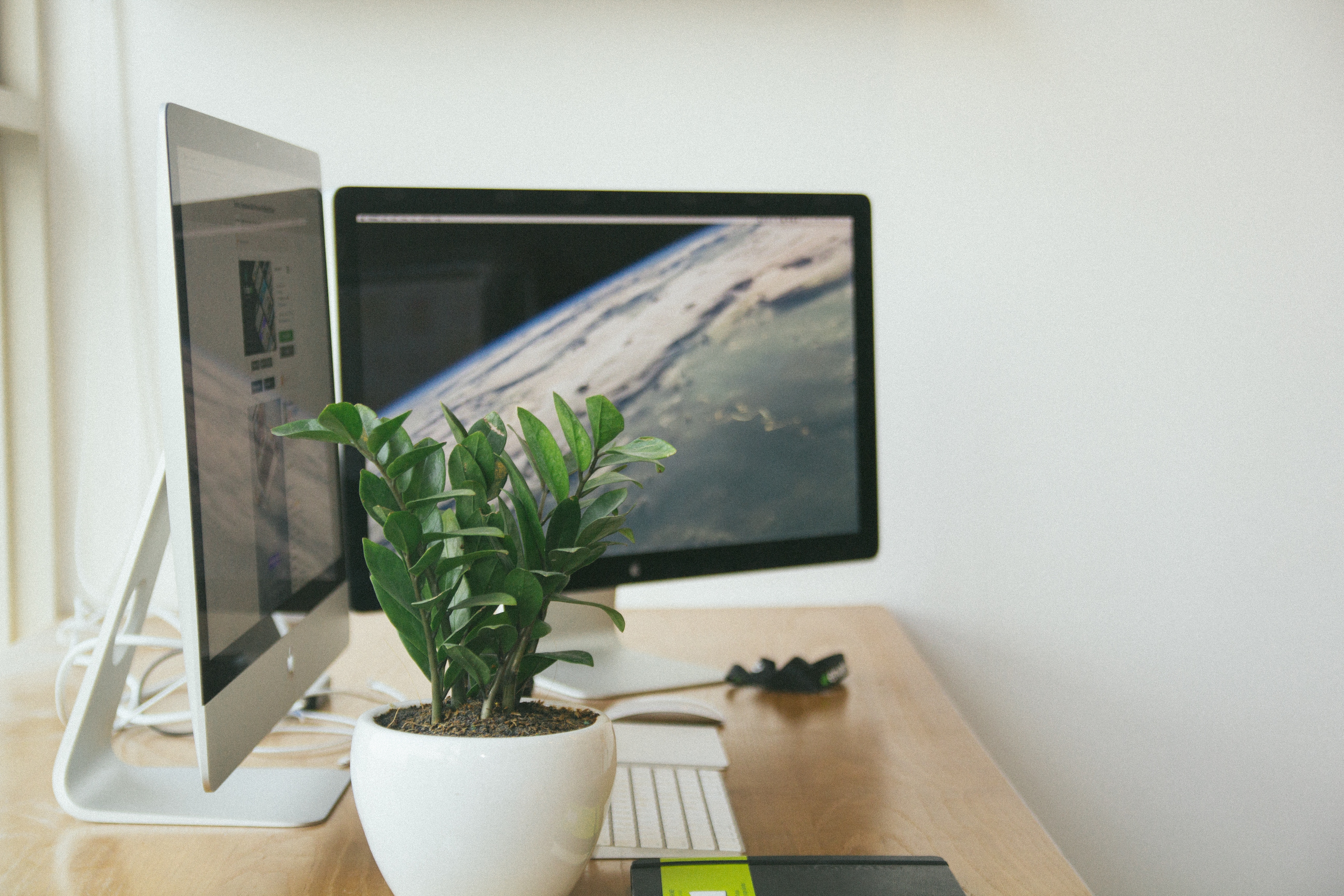Two PRA staff members, Vice President Chan Noether and Project Associate Erika Ihara, sat down (virtually!) to interview each other about their experiences working from home during New York on PAUSE.

Erika Interviews Chan
Erika (E): What’s the best thing about working from home?
Chan (C): The even shorter commute!
E: What’s the worst thing about working from home?
C: I don’t know if this is the “worst” aspect, but it has certainly been more challenging to maintain a work-life balance. It’s easier to work longer hours and get online at off times since my office is now in my home. I’ve definitely developed a greater appreciation for how our remote staff members go about their day-to-day routines and I’ve even set up a folding table in my office (inspired by Travis) for all of my work overflow and piles of project-related documents.
E: Is there anything happening at PRA during this work-from-home phase that you’d like to continue when staff members have returned to the office?
C: The increased use of video technology to connect with other PRA staff and people with whom we work outside of PRA.
E: What’s a favorite thing your community is doing in response to this crisis?
C: Banding together as a community to support positivity (e.g., #BCStrong, #518rainbowhunt) and to support our local small businesses (e.g., #InvestInBethlehem).
E: When you’re not at work, what’s something you are doing for enjoyment or relaxation?
C: Taking my dogs for daily walks – sometimes three times a day!
E: Tell us about something notable seen through your window these past weeks.
C: SPRING IS HERE!

Chan Interviews Erika
C: What’s one thing that you’ve found beneficial about working from home?
E: We are having a lot of team calls to stay connected around work, wellness, and the occasional virtual happy hour. It’s been a way to get to know people across other projects with whom I don’t normally work and think about ways we might collaborate in the future.
C: What has been the most challenging for you during the pandemic?
E: Technology has been a challenge. We lost internet connectivity in my area about a month ago and the provider still hasn’t been able to repair it. Fortunately, our Systems Administrator was able to set up a workaround for me, so my working from home was only interrupted for a few hours!
C: What’s the one thing you miss most during this crisis?
E: In retrospect, there was a feeling of freedom that I took for granted before the crisis, whether to meet friends for dinner, go to a museum, take a dance class, or just be outside.
C: What is something you are doing now (professionally or personally) that you’d never thought you would be doing…besides sheltering in place?
E: I’ve been taking dance classes on Zoom. My teachers look really tiny on the screen, but I am so grateful to be able to connect with them.
C: What is one major thing you think will be different once things “open back up?”
E: There are conversations now about how this crisis has made more citizens aware of long-standing disparities. Many communities with historically fewer resources are experiencing higher rates of infection and worse access to health care, while also being harder hit economically during this crisis. My hope is that when things open back up, this awareness will continue to be part of a larger national conversation.
C: Share something you’ve learned or that you do that helps you cope with the current state of the world.
E: I try to put it in perspective and gain strength from the experiences and wisdom of my elders. In my immediate family, some from my parents’ generation survived war, food shortages, and other related hardships—they also lived creative and productive lives and had friends and family who cared about them. Knowing that so many people right now are grieving the loss of loved ones during this crisis, I also find hope in recognizing our capacity for resilience.


